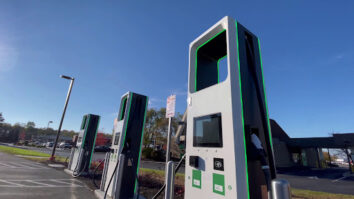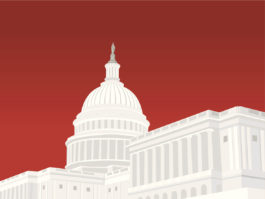SBA/Treasury just issued FAQ #46 with a safe harbor for the “good faith certification” for obtaining the PPP loan. The safe harbor indicates loans less than $2M are deemed to have made the good faith certification with nothing further required. In addition, they indicate SBA audits will be focused on loans above $2M. Great news for businesses with less than $2M in PPP loans!
In addition, for loans above $2M, if during the PPP audit, SBA determines that a company did not have adequate basis for making the good faith certification, the loan will be required to be repaid at that time. If the loan is repaid, SBA will not pursue further enforcement or referrals to other agencies. So, if you’re loan is over $2M, keep pulling together your support for the good faith certification and documenting why the PPP funds are necessary. You’ll need that in order to get loan forgiveness.
Full text of FAQ #46
46. Question: How will SBA review borrowers’ required good-faith certification concerning the necessity of their loan request?
Answer: When submitting a PPP application, all borrowers must certify in good faith that “[c]urrent economic uncertainty makes this loan request necessary to support the ongoing operations of the Applicant.” SBA, in consultation with the Department of the Treasury, has determined that the following safe harbor will apply to SBA’s review of PPP loans with respect to this issue: Any borrower that, together with its affiliates, received PPP loans with an original principal amount of less than $2 million will be deemed to have made the required certification concerning the necessity of the loan request in good faith. SBA has determined that this safe harbor is appropriate because borrowers with loans below this threshold are generally less likely to have had access to adequate sources of liquidity in the current economic environment than borrowers that obtained larger loans. This safe harbor will also promote economic certainty as PPP borrowers with more limited resources endeavor to retain and rehire employees. In addition, given the large volume of PPP loans, this approach will enable SBA to conserve its finite audit resources and focus its reviews on larger loans, where the compliance effort may yield higher returns. Importantly, borrowers with loans greater than $2 million that do not satisfy this safe harbor may still have an adequate basis for making the required good-faith certification, based on their individual circumstances in light of the language of the certification and SBA guidance. SBA has previously stated that all PPP loans in excess of $2 million, and other PPP loans as appropriate, will be subject to review by SBA for compliance with program requirements set forth in the PPP Interim Final Rules and in the Borrower Application Form. If SBA determines in the course of its review that a borrower lacked an adequate basis for the required certification concerning the necessity of the loan request, SBA will seek repayment of the outstanding PPP loan balance and will inform the lender that the borrower is not eligible for loan forgiveness. If the borrower repays the loan after receiving notification from SBA, SBA will not pursue administrative enforcement or referrals to other agencies based on its determination with respect to the certification concerning necessity of the loan request. SBA’s determination concerning the certification regarding the necessity of the loan request will not affect SBA’s loan guarantee.
Office of Inspector General Issues PPP Report
The report, issued this week, found several areas of SBAs Interim Final Rule and FAQs that didn’t align with the CARES Act:
- Prioritizing under-served and rural markets – new focus needs to be placed on these areas
- Loan proceeds eligible for forgiveness – the 75/25 split
- Guidance on loan deferments – the Act states loans can be up to 10 years, the SBA and Treasury set a term of 2 years
- Registration of loans – loans aren’t being registered using the IRS’ NAICS system
Read more: SBA, Treasury may change forgiveness rules, 8-week period for PPP borrowers, after all, Baltimore Business Journal
Be on the lookout for another seminar we are planning regarding loan forgiveness. We’ll do that seminar as soon as regulations are received.
We’re here to help
ARB is dedicated to updating our clients and community as the legislative implications of the COVID-19 pandemic continue to unfold. For questions on these updates, contact us today, or visit our COVID-19 Financial Resource and Tax Center for additional information on related matters.





